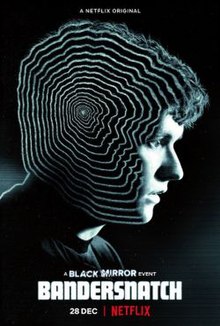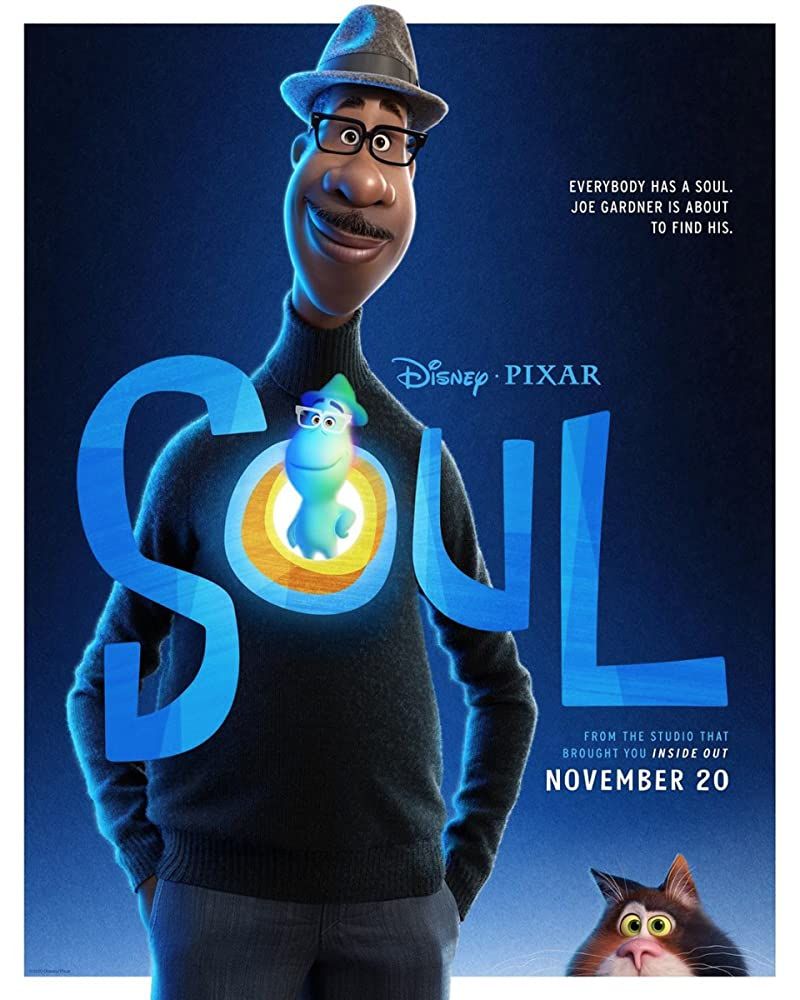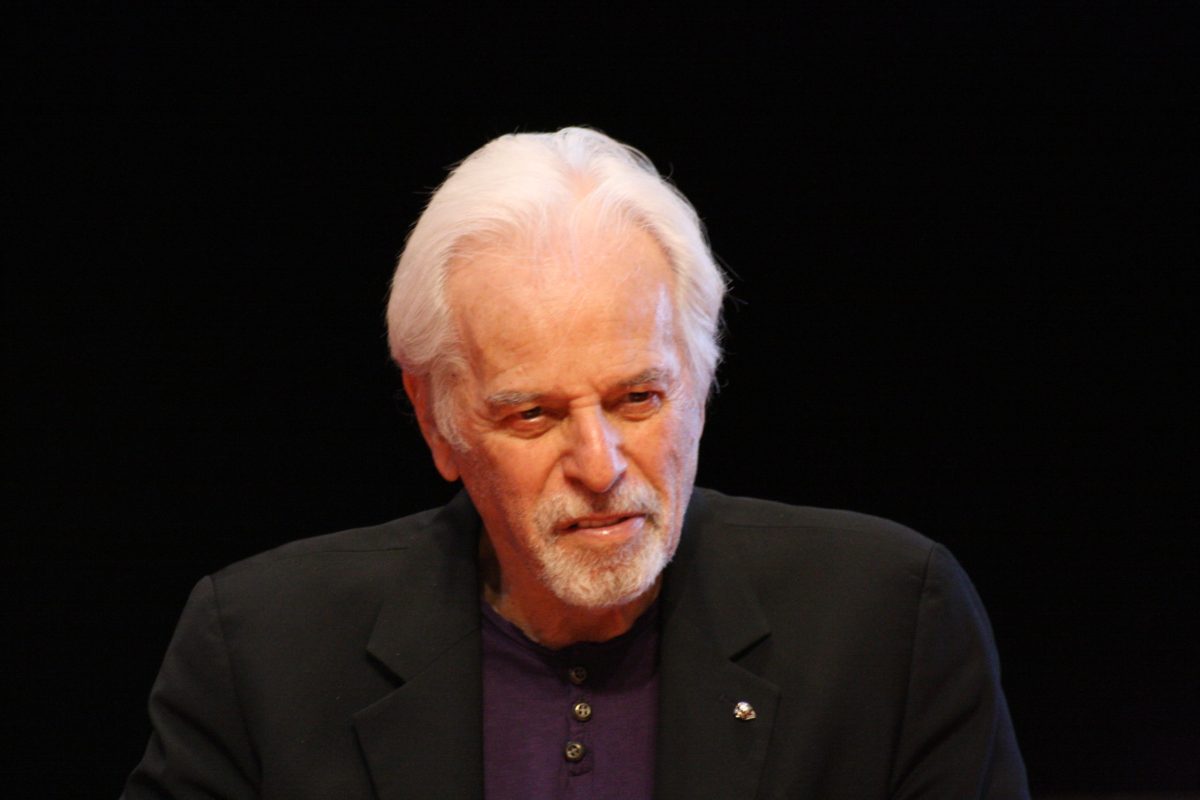The Netflix anthology “Black Mirror” has earned its spot as my favorite television show for its ability to predict how the more technologically advanced society we are striving towards will meld with human nature, and often, the consequences of this interaction. With themes involving social media validation or “cancel culture” and the innate sense of entertainment in another person’s humiliation, there were countless times where I was left in awe, wondering how I would fare in the characters’ situations.
That said, on December 28, 2018, when “Black Mirror” released “Bandersnatch”, an interactive choose-your-own-adventure film, I might have been one of its first viewers. I was excited to act as one of its characters, faced with the morally grey choices characteristic of “Black Mirror”. Besides, the idea of a more immersive film may serve to challenge what we expect from media in the future.
The film follows a young, inexperienced videogame designer, Stefan, who works on a game called “Bandersnatch”, which was picked up by Tuckersoft, an established gaming company. A typical run through the episode lasts 90 minutes, but after achieving one possible ending, you are invited to go back and change your choices. I was at it for approximately three hours when I finally decided to close my laptop, admittedly disappointed. In fact, I really hated it. And then I really loved it.
Spoilers ahead: unlike the choose-you-own-adventure books we read as children, there is no happy ending in “Bandersnatch”. The first important choice I imagine most viewers made, was to work with Tuckersoft on creating Stefan’s video game. This ends the film abruptly, with an incredibly disappointing game review of “Bandersnatch” that deems it too messy and directionless.
Of course, I started over, instead selecting for Stefan to work on the game independently, endeavoring to see my character succeed. What I saw in various, alternate endings was Stefan’s terrifying descent into madness, a confusing katana sword fight on a movie set, a scene that made me want to try acid, a scene involving suicide and Pac Man that made me not want to try acid, and a gruesome death.
I reached my last ending, opting to chop up Stefan’s father’s body. This actually allowed Stefan to finish his game before the deadline and garner a massively positive game review. But there wasn’t much cause to celebrate after the camera panned to Stefan’s father’s severed head. The experience was almost entirely unpleasant.
At first, I hated the film. The plot was boring, grating, and lacked the typical technological and sociological ‘advancements’ we usually see in a “Black Mirror” episode, since it is set in 1984. And though “Black Mirror” episodes are not known for their happy endings, I felt there was no direction in this story. How could there be any moral to the story if there was no particularly happy ending that set the others apart?
Later, I understood. I now believe there is no specific moral to “Bandersnatch”, but rather what you take away from your personal experience that makes it valuable. “Black Mirror” has always challenged viewers to confront their own thoughts about what exactly is right and wrong, such as in episodes “Shut Upand Dance” and “White Bear”.
I reflected on my own experience and asked myself why I wanted Stefan’s video game to succeed so badly, especially at the expense of Stefan’s sanity and the safety of those around him. Did it mean I’m prioritizing the wrong things in life? Why wasn’t I satisfied with the 2.5-star review, or the ending where Stefan’s father hugs Stefan to calm him down in his delirium? And even though minutes transformed into hours of clicking, I can’t believe I ever had the heart to chop up Stefan’s father’s body.
These thoughts, unlike other episodes, only came about through the choose-your-own experience. I think the idea of interactive video media is genius, but I only formed this opinion after being forced to make dark choices, rather than watchinga made-up character make them. As producer Annabel Jones explained, the team wanted viewers “to have that emotional engagement with the character” along with a “richness of emotion and experience” that would have been missing from a linear, passive episode.
Personally, I felt so sick afterwards that I never want to watch this film again. But I also felt immersed like never before, so by all means try it out… As long as you can handle the ensuing self-loathing and disgust.

































